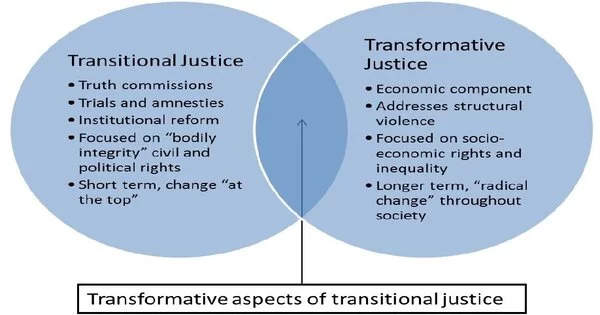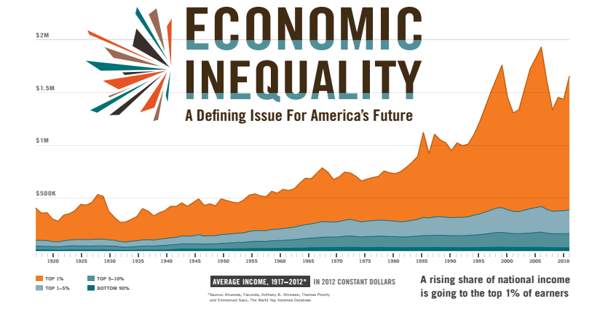Transformative justice is an approach to justice that seeks to address harm and prevent future harm by focusing on the root causes of harm, rather than simply punishing the offender. It recognizes that traditional punitive justice systems often perpetuate harm and fail to address the underlying societal and systemic issues that lead to harm in the first place.
It involves a range of strategies, including community-based interventions, restorative justice practices, and transformative dialogue. It may also involve addressing issues such as poverty, racism, sexism, and other forms of oppression that contribute to harm and violence.
Transformative justice is a set of practices and philosophies aimed at bringing about change in social systems. They are mostly used as alternatives to criminal justice in cases of interpersonal violence, or to address socioeconomic issues in societies transitioning out of conflict or repression. Other fields of practice have adopted transformative justice, including work on other social issues and climate justice by groups.
Transformative justice seeks to empower those who have been harmed, as well as the community as a whole, to address the harm and work toward healing and transformation. This may involve processes such as restorative justice, mediation, and community accountability, as well as addressing issues such as systemic oppression, inequality, and violence.
Transformative justice is also used to describe policy and practice responses to socioeconomic issues in societies transitioning out of conflict or repression. It is closely associated with transitional justice scholarship and practice, and refers to “transformative change that emphasizes local agency and resources, the prioritization of process over preconceived outcomes, and the challenging of unequal and intersecting power relationships and exclusionary structures at both the local and global levels.”
The goal of transformative justice is to create a society in which harm is prevented, rather than simply punished, and in which individuals and communities are able to live in safety and with dignity. It requires a shift in our understanding of justice from one that is primarily punitive to one that is focused on healing, transformation, and social change. Overall, transformative justice seeks to create a more just and equitable society by addressing harm and conflict in a way that promotes healing, growth, and positive change for all involved.
















